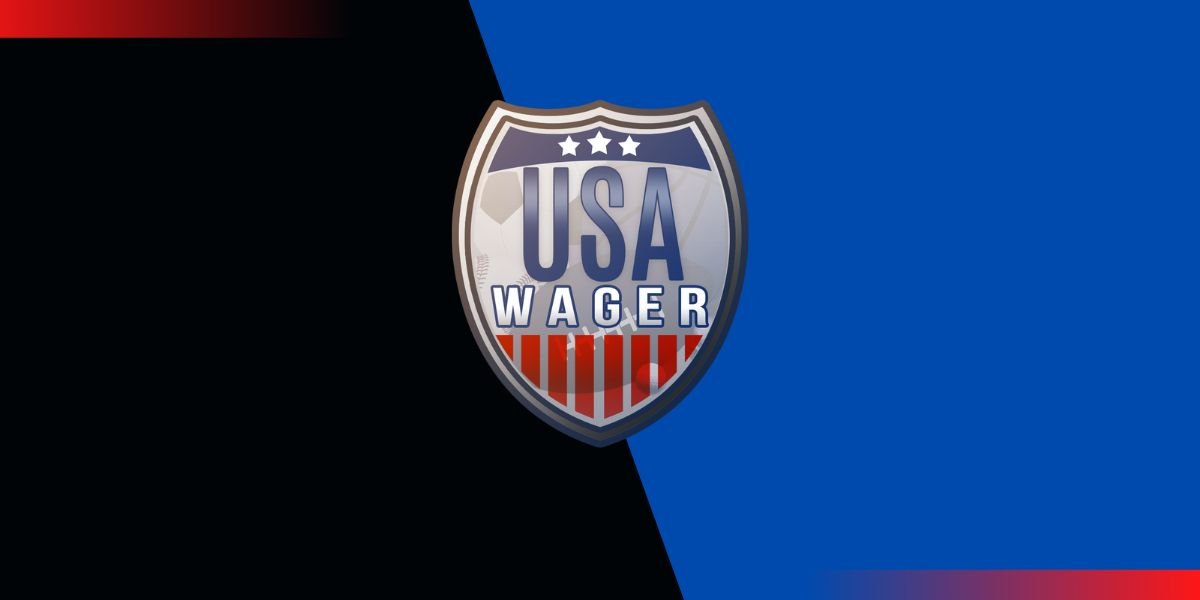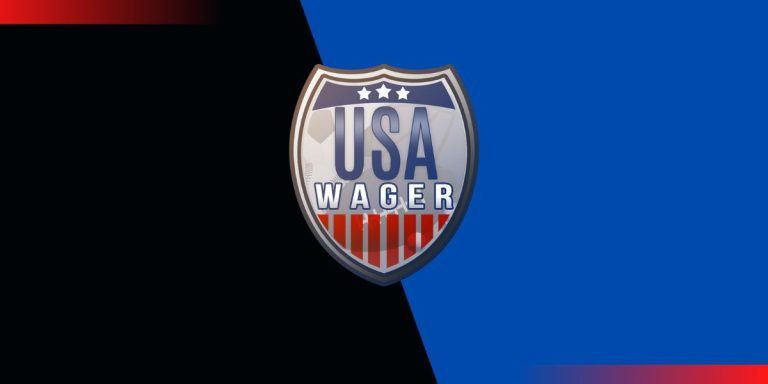Sports Betting Issues at Iowa State
Sports Betting Issues at Iowa State
In May, Iowa State and Iowa announced their collaboration with state gaming regulators to address illegal online gambling investigations on their campuses. Iowa identified potential eligibility concerns for 26 athletes spanning various sports, while Iowa State revealed suspicions of gambling rule violations involving around 15 athletes across three sports.
Iowa State’s athletic director, Jamie Pollard, emphasized the university’s active efforts in addressing NCAA eligibility issues linked to sports wagering by student-athletes. The process is ongoing, and the school refrains from commenting on individual athletes’ eligibility status.
Hunter Dekkers Faces Consequences
Iowa State University’s starting quarterback, Hunter Dekkers, and former defensive end Eyioma Uwazurike are among a group of seven individuals who have each been charged with a single count of tampering with records in connection with an Iowa sports betting investigation.
Each of the implicated players stands accused of tampering with records, a charge that aligns with an ongoing Iowa Criminal Division inquiry into sports gambling. The athletes face potential repercussions for violating NCAA gambling regulations, including the possible loss of their eligibility to participate in collegiate sports.
Dekkers Doesn’t See the Problem
In a statement released on Tuesday night, Dekkers refuted the allegation of breaking the law. Despite being ranked the 42 best college quarterbacks in the nation by the College Football Network, Dekkers is advocating for the acceptance of college athletes participating in sports betting, even if they are underage, betting on their teams, and receiving assistance from their parents.
However, it appears that Dekkers is forgetting a crucial point; as a Division I college athlete on a scholarship, he and his fellow scholarship recipients are bound by the comprehensive set of rules and regulations that come with their status, including adherence to the law. Currently, Dekker is not participating in preseason practices alongside his Iowa State teammates.
Essentially, Dekkers is attempting to compare using a friend’s Starbucks account to order a coffee and placing bets on sports. It’s important to note that while there’s no legal age requirement for drinking coffee and no regulations against proxy coffee orders, the same cannot be said for sports betting.
Laws, regulations, and policies are in place that explicitly prohibit underage betting and proxy betting. In addition, rules are in place for both college and professional athletes preventing them from betting on their teams, sports, or, in this case, college sports, their institutions.
When setting up an online sports betting account, individuals must acknowledge their understanding that certain restrictions apply if they hold roles such as coach, trainer, player, or official, or if they’re involved in authorized sports where wagering is allowed. There are reports that Dekkers and two other Iowa State athletes engaged in their betting activity on the DraftKings platform.
During the account creation process, athletes would have been obligated to acknowledge the terms and conditions, signifying their explicit acceptance of these terms including the potential consequences for any violations.
NCAA Rules and Guidelines
Under prior regulations of the NCAA, student-athletes who engaged in sports betting, regardless of the level, were subjected to forfeit an entire season of collegiate eligibility. These guidelines were established before the legalization of sports betting by the Supreme Court in 2018. The revised guidelines introduce a different approach, specifying that student-athletes who bet on their sport at another educational institution must undergo education concerning the NCAA’s rules and preventative measures on wagering before being considered for reinstatement.
In contrast, there are severe consequences outlined for student-athletes that impact the outcomes of their games or share information with individuals involved in betting, with the potential to lose their eligibility permanently. The NCAA’s updated guideline also takes into account the cumulative monetary value of wagers by the student-athlete; Hunter Dekkers has wagered a cumulative amount of $2,799 from 366 online bets.
Conclusion
Experts predict that college sports will continue to see gambling-related scandals as the acceptance of betting grows in states following a Supreme Court ruling from five years ago. As the NCAA struggles with evolving gambling challenges and works to maintain the integrity of college sports, the outcomes of these cases may shape the future of collegiate athletics and its relationship with sports betting.
Dekkers and others may advocate for a more lenient approach to sports betting done by student-athletes, but they’re still bound by the set of rules and obligations that come with their status as Division I athletes.


